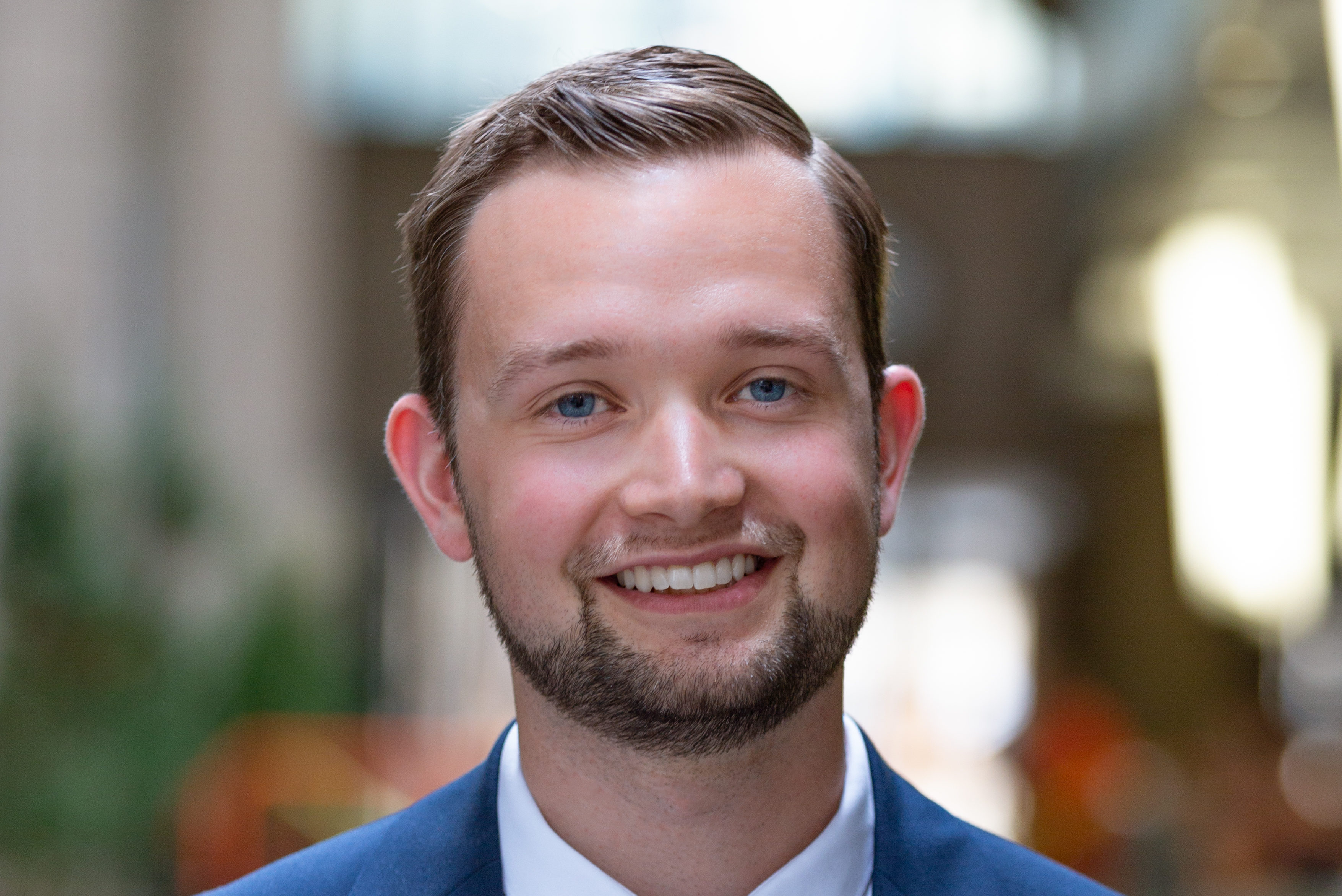Dr. Benjamin White Appointed Visiting Scholar at Princeton Theological Seminary
Dr. Benjamin White, assistant professor of biblical studies, is pursuing research for a book on the earliest Christians at Princeton Theological Seminary in Princeton, N.J.

Dr. Benjamin White, assistant professor of biblical studies, is pursuing research for a book on the earliest Christians at Princeton Theological Seminary in Princeton, N.J. His appointment as visiting scholar at Princeton began in May and continues through August 2021. Originally scheduled for summer 2020, the appointment was postponed due to the COVID-19 pandemic.
Dr. Matthew Parks, interim provost, says, “The King’s College congratulates Dr. White on his scholarly achievements. It’s an honor for him to have this opportunity as a visiting scholar at Princeton Theological Seminary, and we trust that this will be a profitable time. Faculty members and students can look forward to enjoying the fruits of his research through his teaching as well as his planned book.”
White says that his time at Princeton will enable him to use the seminary’s world-class theological library and offers opportunities to discuss research findings with faculty members there.
White’s planned book will explore how the earliest Christians engaged the Roman world with a self-understanding and corresponding social agenda that he calls “strength in weakness” (e.g., 2 Corinthians 12:9-10, 1 Corinthians 1:18-31). While the book will offer some insights for scholars, White’s primary goal is to explore the cultural implications of the early Christian story for a wider audience. White argues, “Contrary to how Christians try to gain influence today, the earliest Christian communities grew rapidly without any political influence or widespread social capital. Their lack of normative forms of power and influence initially appealed to the poor, the marginalized, and discontented elites.”
The key premise of the project, White suggests, is showing the similarities between our emerging, post-Christian world and the final centuries of the Roman world. “It is not possible to repeat the past,” says White, “but we do need to prepare for our own marginalization and loss of influence, which was simply assumed by the earliest Christians.” Rather than constantly critiquing our culture, White concludes that “Christian witness today would be more fruitful and faithful if believers could move beyond our society’s culture wars and focus on being the church.” For White, this means committing ourselves to “showing others how Jesus brings hope to humanity.”
Some initial insights from White’s research appear in his articles at Relevant Magazine: “The Benefits of Listening to Non-Christians” and “Why the Early Church Wasn’t Interested in Political Power.”
White says his greatest wish for the project is “to show people that our moment in history is not entirely unique. We’ve been here before. We don’t need to be afraid.”




